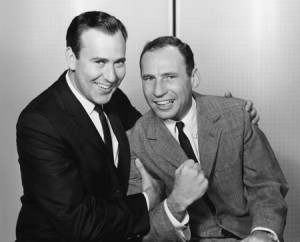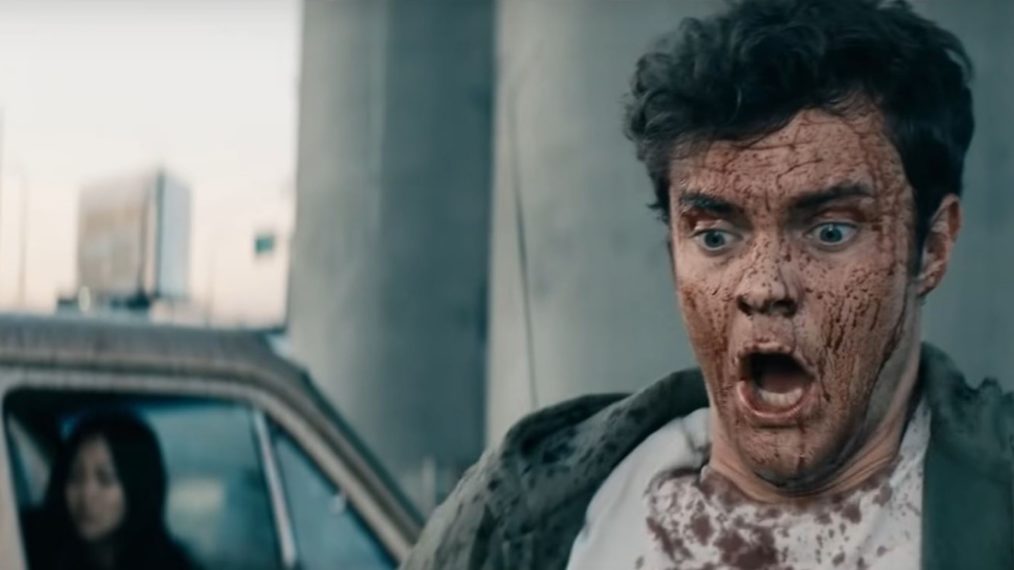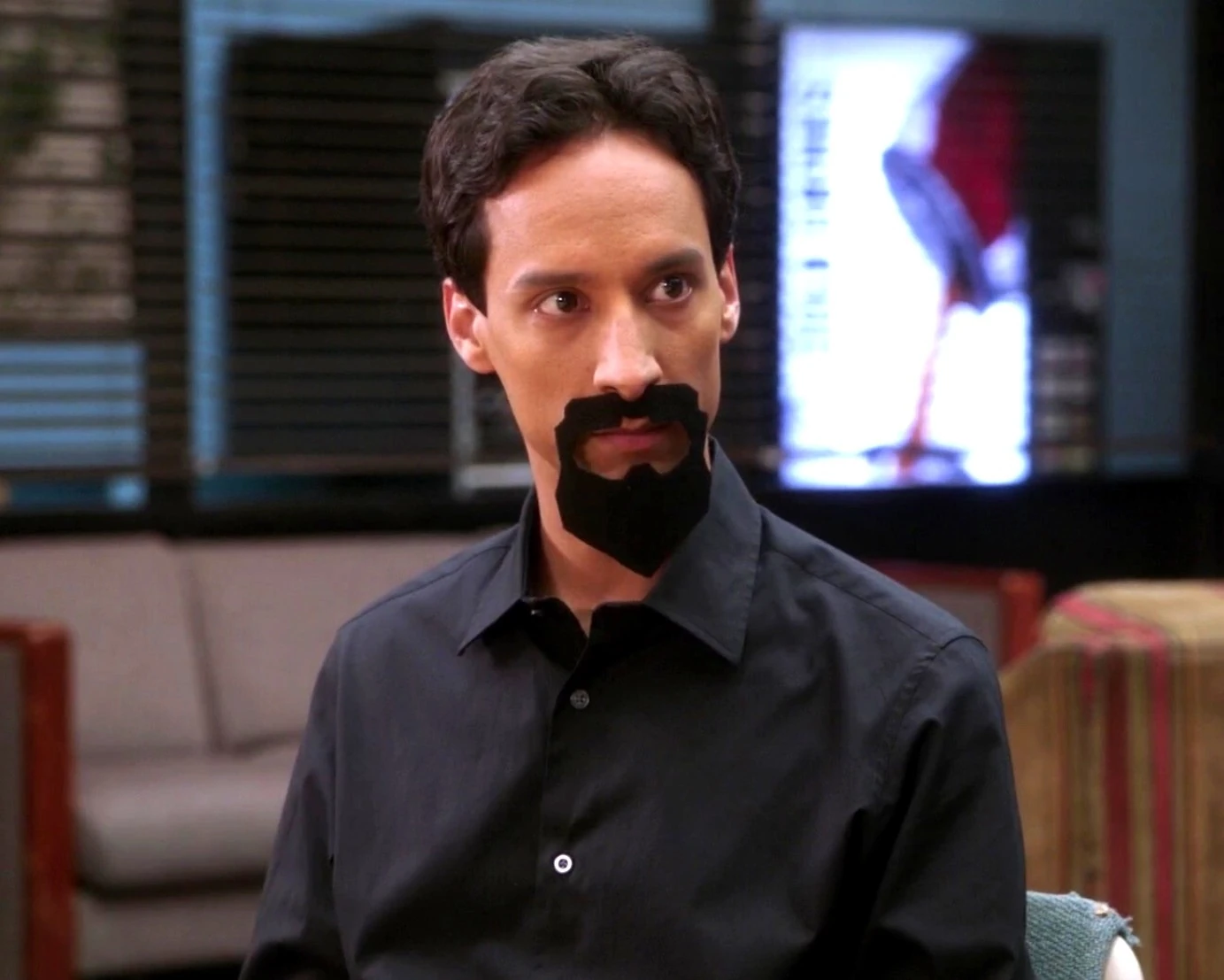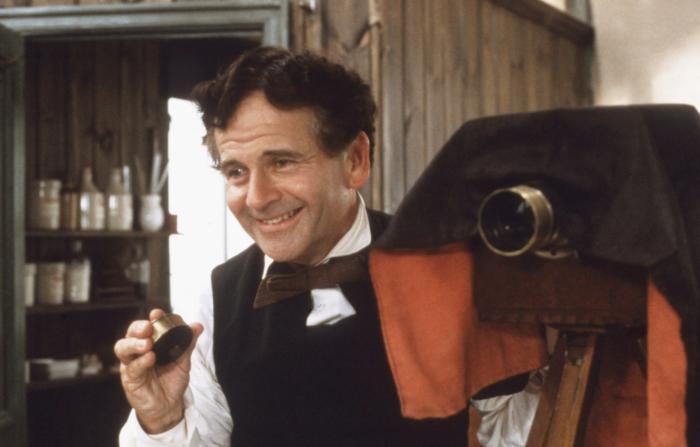CR
I really didn't think I'd be writing much in this blog when I gave up daily posting, but when a big names passes on--as seems to be happening with regular frequency these days--I feel like I should note it. And certainly Carl Reiner was a giant. He made significant contributions as a writer, director and actor, and did it on stage, on TV, in movies, on records and in books.
Reiner was always interested in entertainment, and spent time in the Special Services during World War II performing for the troops. After the war, he appeared in a few Broadway shows before working on the classic TV variety program Your Show Of Shows. Reiner played second banana to top banana Sid Caesar (in YSOS and Caesar's Hour), but held his own. He also contributed to the writing--and Caesar had the best writers in the business, including Neil Simon, Larry Gelbart, Woody Allen and Mel Brooks.
Reiner and Brooks became close friends and started doing comedy bits. The most famous was the 2000 Year Old Man routine, where Reiner would ask questions about the elderly gentleman's life and Brooks would improvise answers. They just did it for friends at first, but eventually recorded the material and created a classic comedy album.
After leaving Caesar, Reiner was ready to create his own show. (First he wrote a novel, Enter Laughing, about a young man trying to break into show biz.) He developed Head Of The Family, where he played a comedy writer who lived in the suburbs and commuted to Manhattan. The pilot didn't sell, and apparently the problem was Reiner--the actor, not the writer. The lead was recast and it became The Dick Van Dyke Show.
It lasted five seasons and 158 episodes, and still stands as one of the greatest sitcoms of all. And while the cast is great, the man most responsible was Reiner--he created and produced the show, as well as writing over 50 episodes. He also played recurring character Alan Brady--the egomaniacal star of the show within the show.
Meanwhile, Reiner's novel Enter Laughing was adapted into a successful Broadway comedy, starring the then-unknown Alan Arkin. Reiner would write his own Broadway comedy in 1967, Something Different. It's about a writer whose career is stalled, so he tries to recreate the same conditions that once made him successful. The play was not a hit, but has an interesting story. The first two acts were playing well in tryouts, but the third act was dying. So they cut the third act. It didn't work, but a fascinating attempt.
While Dick Van Dyke was airing, Reiner took some time to write a screenplay for a Norman Jewison film, The Thrill Of It All, starring Doris Day and James Garner. He also appeared (along with every other funny person in Hollywood) in It's A Mad Mad Mad Mad World. When Dick Van Dyke ended, Reiner starred in the well-received Norman Jewison film The Russians Are Coming! The Russians Are Coming! (which also featured Alan Arkin in his first film role, for which he received an Oscar nomination).
As if that weren't enough, Reiner now became a film director, putting out The Comic (which he also wrote) in 1969. About a troubled silent clown, it starred Dick Van Dyke. Reiner followed it up with the cult classic Where's Poppa?, a comedy starring George Segal that's still pretty outrageous.
Reiner returned to TV in the early 1970s with The New Dick Van Dyke Show, which lasted three seasons and 72 episodes, though it never recaptured the magic of the original series.
Soon Reiner was back to directing films, helming the successful comedy Oh, God!, which made George Burns a big star late in life. After that, Reiner did the Henry Winkler comedy The One And Only. Winkler never quite made it in movies, but Steve Martin did, and Reiner and Martin worked together in four films--Martin's breakout movie The Jerk, followed by Dead Men Don't Wear Plaid, The Man With Two Brains and All Of Me. (All are worth looking at, and All Of Me was a real leap forward in Martin's acting abilities.) Reiner would go on to direct a number of other decent comedies in the 80s and 90s featuring, among others, John Candy, Mark Harmon and Bette Midler. (His son Rob's directing career took off as well, but that's another story.)
In the 1990s and beyond he did a lot of acting work. He won an Emmy for his guest appearance in Mad About You, reprising the role of Alan Brady. He also did notable work as old con man Saul Bloom in Ocean's Eleven (and Twelve and Thirteen).
Meanwhile, he published a delightful memoir in 2003, and a number of follow-ups. Actually, he's done so much in his career it's exhausting just to think about it.
I saw him last year. The Aero Theatre in Santa Monica was showing The Comic and Reiner answered questions afterwards, quick as ever. People wanted to know about the movie, but also all about his life, and he seemed happy to oblige. If they didn't have a second feature to show, I think we would have stayed listening to him for hours. In fact, I'm sorry they didn't just cancel the movie and let him talk as long as he wanted.


















